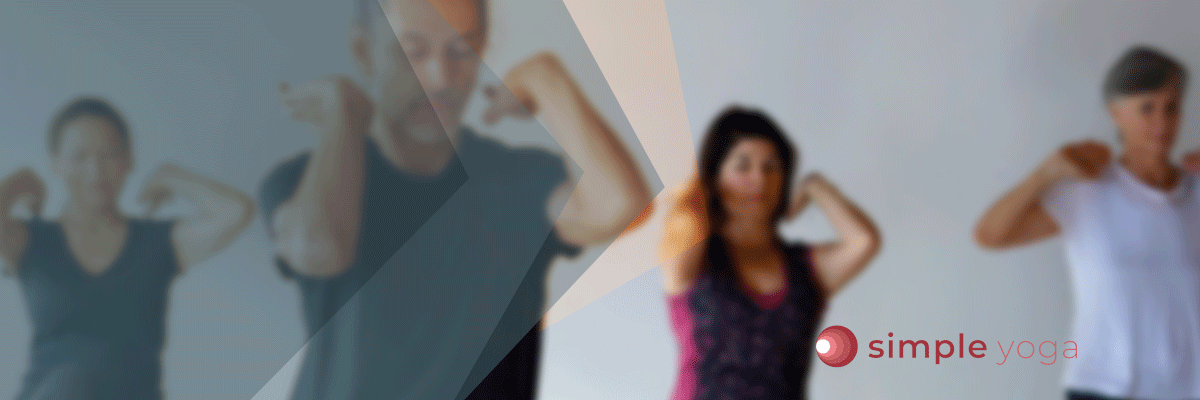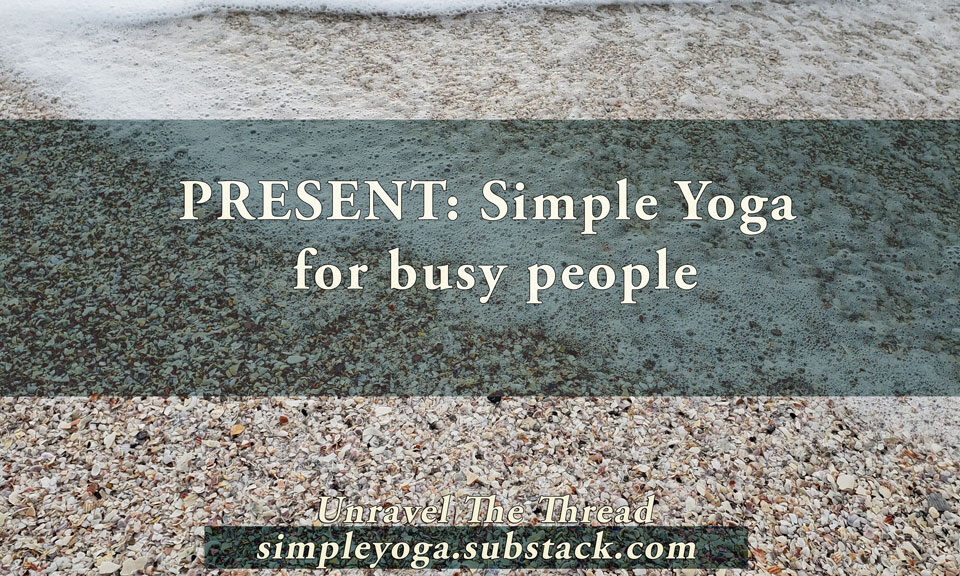Yoga Retreat in Florida: The Art of Relaxation
May 16, 20112 minute concentration exercise
August 29, 2011Yoga Retreat in Florida: The Art of Relaxation
May 16, 20112 minute concentration exercise
August 29, 2011
For most of us, our minds are constantly remembering and thinking about the past. Often we try to use past information and memories of previous experiences to speculate about the future either short or long term. Obviously, being able to access previous experiences provides us with useful and applicable information for this moment. These past experiences compose our learning and help us decode, register and interpret what we perceive. However, when we rely too much on previous data to try to predict what will happen next, the same useful information can prevent us from seeing new options and alternatives. In those cases, we might be allowing our preconceived ideas to limit our perception and perhaps, to guide our actions toward old familiar ways. As a result, it is quite likely that, since we already think we know what will happen, that we’ll switch from awareness mode into “I-already-know-what–will-happen” way of being. In other words, we move from awareness into mechanical action.
Mechanical action is predicated on the notion that we do not need to pay attention, in other words, we assume that a moment, situation, or circumstance is always the same. That is, once we have an experience of a certain type we predict that it will always be the same. However, thinking this way, which is often subconscious, denies the essence of life, its constant movement and transformation.
When we think and act as if we already know how something will unfold and will feel, we tend to focus our attention on that outcome, which can restrict our ability to be open to recognize newness in the unfolding of the action. In particular, this focus on the outcome, especially when the outcome is seemingly ‘undesirable,’ is fertile ground for frustration because our goal oriented focus may preclude us from noticing newness and potential in the actual outcome.
It can be argued that being focused on an already known outcome is trying to live in the past, removing ourselves from being in the only place we can be and act, the present. When this happens, we close ourselves to the potential creativity and learning opportunities that unfold each moment. This is what “beginner’s mind” means, to focus our conscious awareness fully on what is happening right in front of us, as if we had never had this experience. In any aspect of the yoga practice, be it yamas, niyamas, asana, pranayama, or any of the meditation practices, it often happens that we tend to fall into routine, mechanical patterns of thinking, breathing, moving, and feeling. Letting go of expectations frees up the energy tied to our expectation, thereby creating the opportunity to immerse into focused present-moment awareness.
In any practice and activity, on and off the mat, it is helpful to check what expectations we are bringing with us into the activity. Some of the expectations might be physical, some intellectual, others psychological and others emotional. In yoga practice, Svadhyaya (self-examination) is an exercise to notice theses type of patterns, some might be explicit and obvious while other patterns might be stored at deeper levels in our bodies, minds and hearts. Pausing as we are about to dive into the activity and focusing our attention on the present moment through mindful deliberate breathing will help us come to a good starting point where we let go of at least some of our expectations while being mindful of our intention.
Expectations often create obstacles to accepting each moment just as it is. In other words, our unwillingness to accept a situation is the root of our frustration. It is important to note that I am not suggesting that we need to resign ourselves and that we should give up having an intention. On the contrary, recognizing the effect of our expectations on our actions can be instrumental to aligning our wholehearted effort with our intention. Furthermore, shifting our attention from expectation to intention will contribute to clarify both the path to our intention and the most intelligent and appropriate way to move towards it.
I hope this helps you in your practice and your life.
Namaste.



